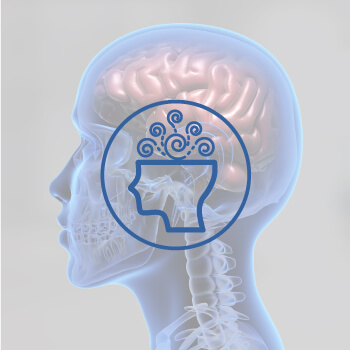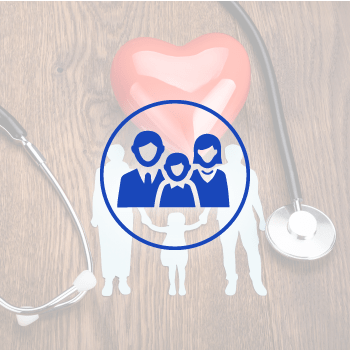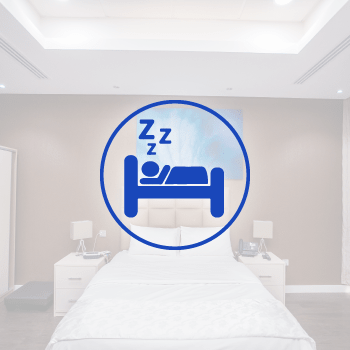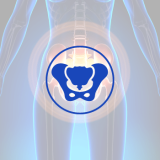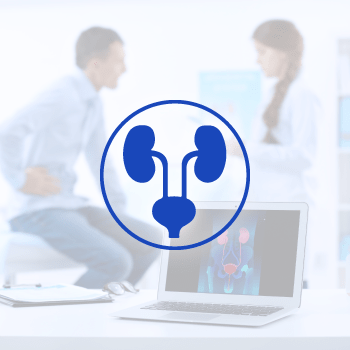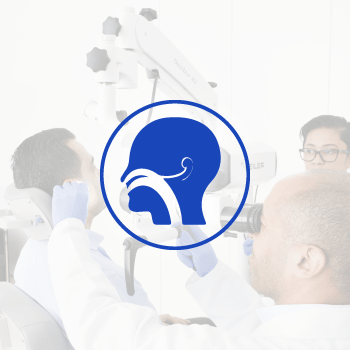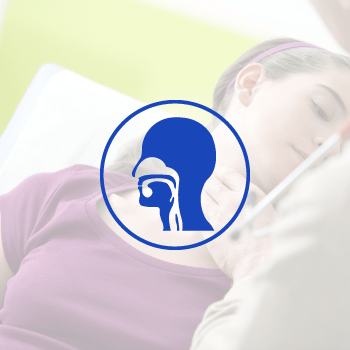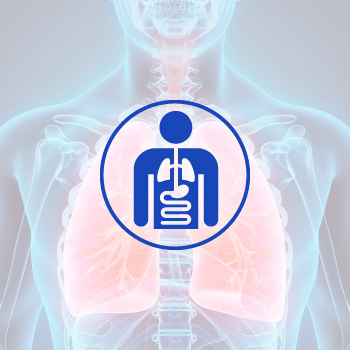Central Auditory Processing Disorder (CAPD)
Auditory Processing Disorder (APD)
How do we actually hear?
Auditory processing disorder (APD) is a problem with the way the ears and brain work together to understand sound. People with APD have normal hearing, but difficulty recognising and interpreting what they hear.
These difficulties make it hard for you to work out what you hear, or from where the sound came from or when the sound happened. This means it’s hard for you to listen properly when there is a background noise or speech is muffled.
APD is not a hearing impairment, an intellectual disorder, a language problem, a learning difficulty, or attention deficit hyperactivity disorder, but looks like one of these and often co-exist, making it hard to diagnose.
APD is also referred to as central auditory processing disorder (CAPD) and affects around 3-5% of school-age children.
Do you have Signs & Symptoms of APD?
Of course this test is no substitute for physical test with your hearing specialist. However, if your score is more than 40, it may be an initial indicator that you have some degree of APD.
WHAT DOES YOUR SCORE MEAN?
* If You Scored 40 or Less
* If You Scored 41 – 59
* If You Scored 60 or More
- Signs and symptoms of APD
- Diagnosis of APD
- What to expect during an Auditory Processing Evaluation (APE)?
If you or your child has auditory processing disorder (APD), you might notice these difficulties with:
- listening and hearing, especially if there’s a lot of background noise and distractions
- following instructions
- staying focused – for example, they might be easily distracted
- remembering spoken instructions
- telling the difference between letters that sound similar, like ‘k’ and ‘g’, or ‘t’ and ‘d’
- remembering to say the beginning or end sounds of words when they’re reading.
This means that APD can appear as problems with learning, listening and communication, as well as reading and writing.
Auditory processing disorder (APD) is usually diagnosed once children start school. Diagnosis is important so that children can get support for classroom learning.
It’s a good idea to see your ENT Specialist or an audiologist if you’ve noticed any of the signs or symptoms of APD.
If the audiologist thinks the problem might be APD, the audiologist will do an auditory processing assessment. This includes diagnostic hearing tests for hearing loss and auditory processing tests.
An auditory processing test involves short tests like listening to and repeating words and sounds back to the audiologist. Several speech materials will be presented, where modifications are made by adding background noise, or time compressing the speech or filtering sounds or by presenting different words or sentences to each ear and asking you to repeat in a particular way.
You will be wearing headphones in a soundproof test booth during the auditory processing evaluation (APE) and will be able to communicate with the audiologist throughout the evaluation. You will be listening for sounds, numbers, words, or sentences, presented to one or both ears, in quiet or in background noise. Instructions will be reviewed prior to each test. Any questions you have will be answered throughout the evaluation, and many opportunities will be given to take short breaks in-between tests.

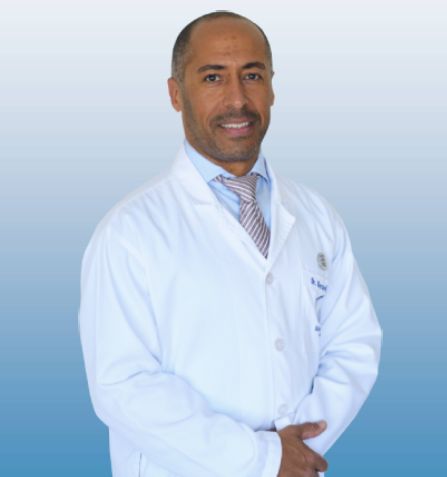




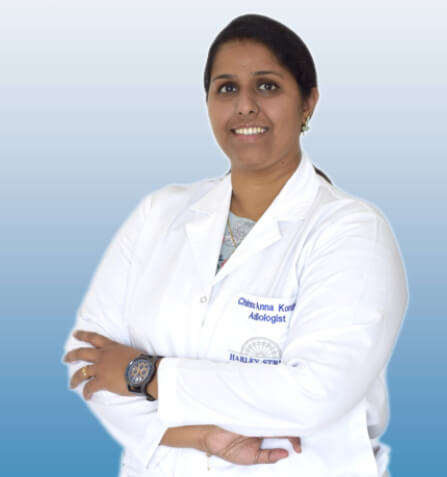
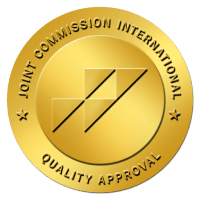
 أنقر هنا
أنقر هنا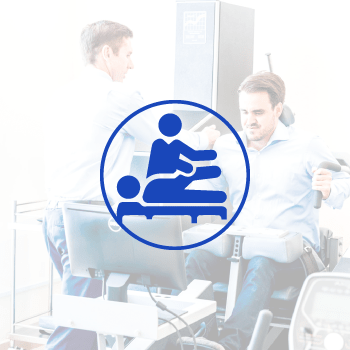 أنقر هنا
أنقر هنا
